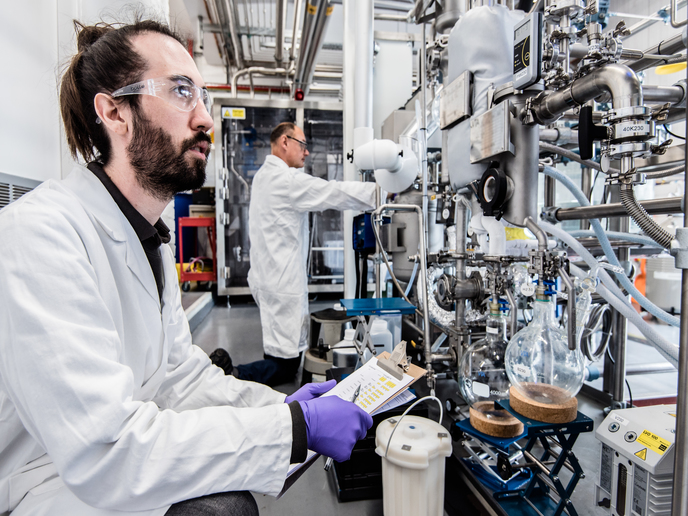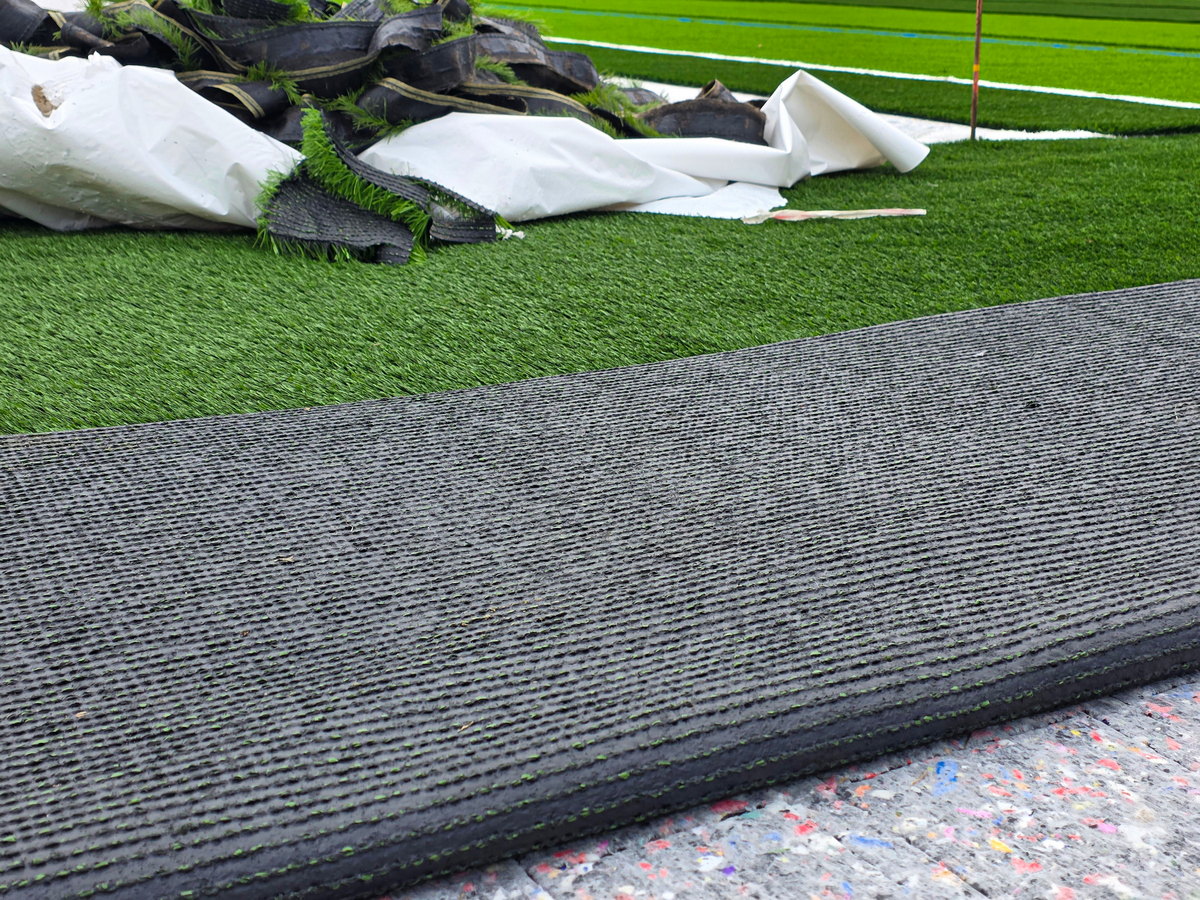Better plastics through cleaner technology
New catalyst technology that enables waste CO2 to replace oil-based raw materials in polymers to produce cheaper, higher performing plastics is being commercialised under the EU-funded CO2Catalyst(opens in new window) (Pilot scale demonstration of novel CO2 co-polymerisation catalysts in the PU polyol market) project. “Our technology allows CO2 to be introduced into polymer manufacturing,” says Jill Dearnaley, Operations Director at Econic Technologies, UK which received EUR 2.49 million in EU funding to demonstrate and commercialise the technology. CO2 is much cheaper than the oil-based raw materials currently used in polymer manufacture. Econic’s technology allows up to 50 % of oil-based raw materials to be replaced by waste or readily available CO2, so “there’s a huge economic benefit,” Ms Dearnaley says. The use of CO2 also has environmental benefits with significant reductions in greenhouse gas emissions. “For every tonne of CO2 that we incorporate into the polymers, we can prevent the emission of a further two tonnes of CO2,” she says. According to Econic’s projections a 30 % market adoption of the patented technology by 2026 would reduce CO2 emissions by 3.5 million tonnes per year — equivalent to taking more than 2 million cars off the road each year. Enhanced properties Other technologies have been developed and incorporate CO2 into polymers, but Econic’s patented CO2Catalyst technology “is unique because it allows you to tune how much CO2 you want to incorporate into the polymer,” explains Ms Dearnaley. “This means you can tailor it to the properties of your end-use products.” Polymers containing waste CO2 can be useful in a variety of polyurethane products, such as rigid foams used in wall panels and shoe soles; flexible foams in mattresses; elastomers used in window seals; or coatings to protect wood floors and furniture. The use of CO2 also enhances the properties of the end products. Rigid foams used in building insulation demonstrate improved flame retardance and reduced smoke emission on burning. Coatings are more robust — more resistant to temperature changes, weather and water damage and can be abrasion-proof, thereby protecting metal, wood and other surfaces from scratching. Demonstration plant to promote customer adoption Under the CO2Catalyst project, Econic designed and built a customer demonstration facility in Runcorn, near Liverpool. “Potential customers can walk around and see a functioning plant that looks like what they have, but on a smaller scale,” Ms Dearnaley says. “Typically, this type of chemistry requires high temperatures and pressures to work, but our technology works in industrially-relevant conditions so it can be retro-fitted into existing assets.” Safety aspects have been paramount in setting up the demonstration facility and many safety experts were involved in the design and construction as well as site management. “It was a a bit of challenge finding a site for the demonstration facility, because there are not many places that can deal with this type of chemical process,” she explains. “Our facility is really helping us with commercialisation and customer adoption, as they can see first-hand the viability of our technologies.” The project’s focus is currently on adoption of the catalyst technology within the EUR 45 billion polyurethane industry. Work is also beginning on its adoption in other plastics industries.







